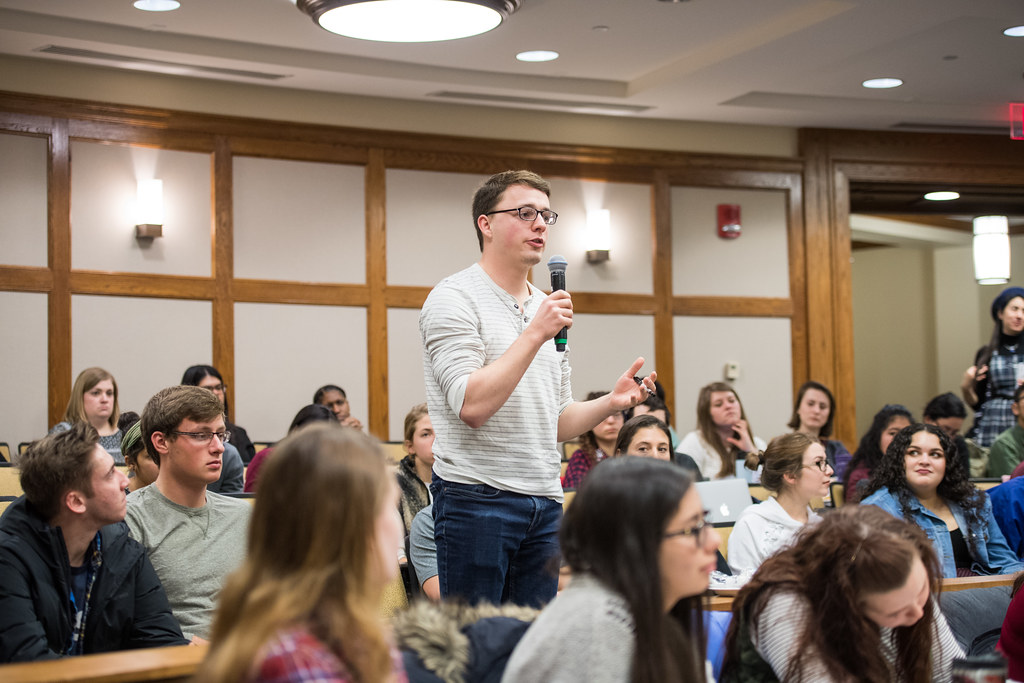The foundation of the “Life Skills for the Young Adult” course is a focus on sound personal finance practices, combined with the ability to intentionally set personal and financial goals, and how to evaluate and achieve those goals on a daily, weekly, monthly, and yearly basis.
 The personal finance portion of the course will work on the basics of money management, including budgeting, setting reasonable spending targets, purchasing within one’s means, and saving for emergencies, unexpected life circumstances, major purchases, and retirement. Students will examine many forms of credit, including credit cards, personal loans, car loans, student loans, and mortgages (including the miracle of compounding interest); insurance, including car, renters, homeowners, and health; and taxes, including how to properly prepare and document for taxes, saving for taxes and the incentives built into the tax code.
The personal finance portion of the course will work on the basics of money management, including budgeting, setting reasonable spending targets, purchasing within one’s means, and saving for emergencies, unexpected life circumstances, major purchases, and retirement. Students will examine many forms of credit, including credit cards, personal loans, car loans, student loans, and mortgages (including the miracle of compounding interest); insurance, including car, renters, homeowners, and health; and taxes, including how to properly prepare and document for taxes, saving for taxes and the incentives built into the tax code.
The goal planning portion of the course will use the basics of task management to help students answer the questions “what would you like to achieve,” “why do you want to achieve it,” and “how will you set targets in order to achieve these goals.” Students will work with a goal planning journal in order to learn how to evaluate their plans. This part of the course will also include long-term planning vis-à-vis the tradeoffs and costs of professional work, trade work, college, graduate school, and professional school, and life plans (home, family, etc.).

Finally, a number of life skills will be introduced to the students in class, via discussion boards, and through independent learning modules on the basic tasks that every adult should know how to do. This will include how to purchase a car (new and used), how to register to vote, how to navigate government services, how to do basic home fixes, how to maintain car, and, most importantly, how to do laundry.
According to wtmacademy.com














